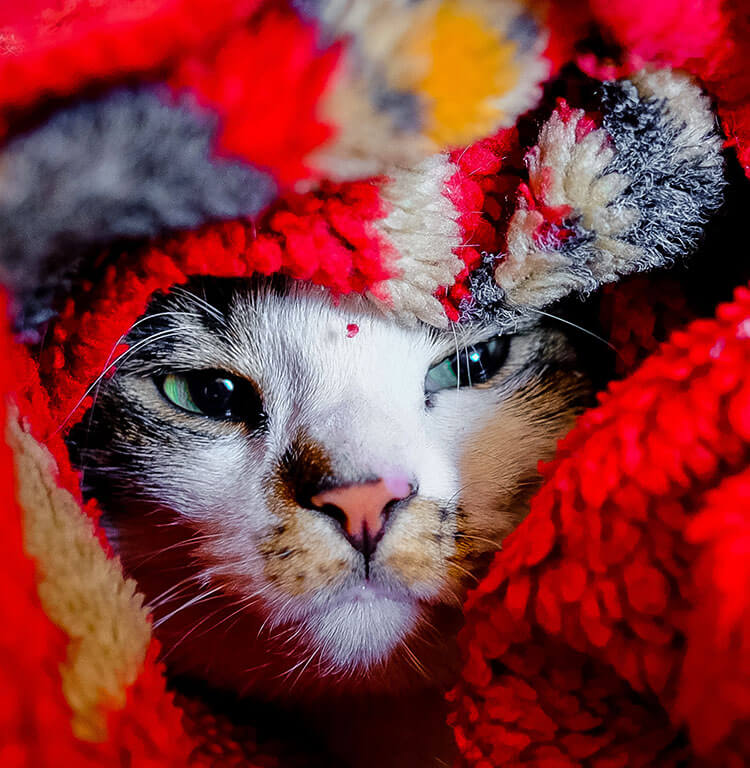First Aid For Pets
South Cranbourne Veterinary Surgery
First Aid for Pets
South Cranbourne Veterinary Surgery
As a pet owner it is best to prepare in advance and have the phone number of the clinic programmed in your phone or know the location and contact details of the nearest 24 hour clinic, in case of an emergency in the middle of the night. Ideally contact the clinic to notify them of the emergency before you leave home or on your way in so we can prepare for your arrival.
First Aid Kit Contents
- Pet first aid manual – simply print out these notes
- Cotton wool roll
- Cotton balls/gauze pads
- Tape
- Elastic bandage wrap
- Antiseptic cream
- Scissors
- Tweezers
- Plastic gloves
- Pet thermometer
- Instant ice pack
- Muzzle
- Towels
Basic First Aid Advice for Common Problems
Snake Bite
Signs of snake bite include vomiting, dilated pupils, wobbly on feet, and collapse. Death can occur within 10-30minutes in severe envenomation. If you suspect snake envenomation, get to the veterinarian as soon as possible to have the best chance of recovery.
Wounds
Apply pressure with gauze if bleeding profusely. Clean with salty water (1 level teaspoon in 500ml water) if animals allows. Wrap large wounds with a bandage to keep clean. Seek veterinary attention as wounds can become infected and need antibiotics, or may require suturing.
Bleeding (external)
Apply firm direct pressure to areas with a thick gauze pad until bleeding stops or you can get to the vet.
Bleeding (internal)
You may notice bleeding from the nose or mouth, coughing blood, pale gums or blood in urine. Keep warm and quiet. Get to vet promptly.
Shock
Animals will often go into shock after a severe injury/trauma or a fright. Symptoms include weak pulse, pale gum colour, shallow breathing and dazed appearance. Keep animal restrained, quiet and warm. If unconscious, keep head level with the rest of body.
Burns (chemical)
Flush area immediately with large quantities of cold water and seek veterinary advice.
Burns (severe)
Apply ice water compresses onto burn area. Take to the veterinarian.
Broken legs
Fractures may be obvious with the limb being held at an odd angle, or there could just be pain and inability to use the limb. Muzzle pet and control bleeding if possible. Transport to the veterinarian immediately, supporting the injured part as best you can.
Poisoning
Signs include convulsions, diarrhoea, salivation, weakness, depression and pain. Record what the pet ingested and how much. Call your veterinarian
Do not try to induce vomiting unless advised by your veterinarian – contact the vet first as some toxins will cause more damage if vomiting is induced.
If toxins are on the skin or coat, ask for directions on if and how to wash them off
Heatstroke
Symptoms include rapid or laboured breathing, vomiting, high body temperature, collapse. Gently wrap in a cool wet towel. Transport to the veterinarian.

Concerned about your pet’s health?
If your pet is in serious need of medical attention, contact our vet team today!
If after hours, contact your nearest after hours veterinary service.
Opening Hours
Monday: 8am–7pm
Tues-Thurs: 8am–6pm
Friday: 8am–7pm
Saturday: 8am–12pm
Sunday: Closed
Address
82 Earlston Circuit, Cranbourne VIC 3977

